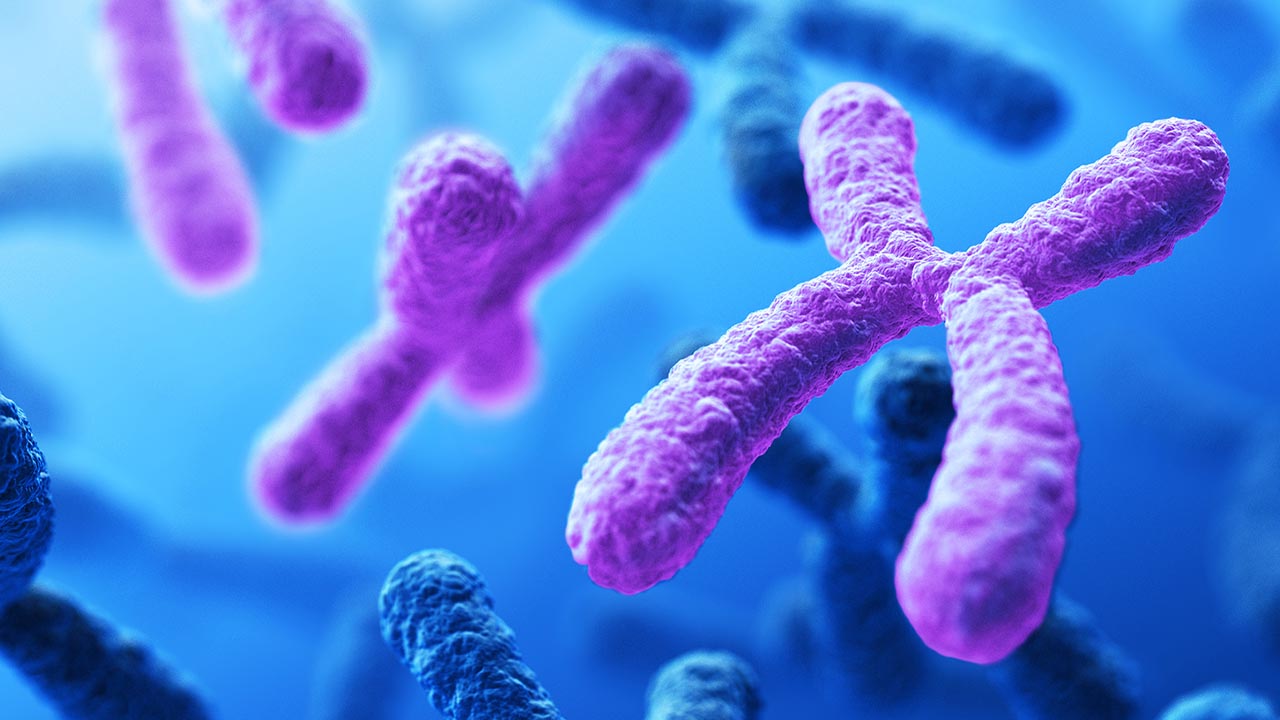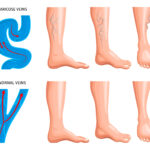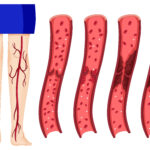Genetics plays a role in many vascular diseases. Vascular diseases are disorders that affect the blood vessels and circulation. Some common vascular diseases include atherosclerosis, deep vein thrombosis, and aneurysms.
The function of Blood Vessels.
It is well-known that genetics can influence the structure and function of blood vessels. This can make vessels more susceptible to damage and disease. Recent studies have shown that certain genetic variants can make vessels more vulnerable to atherosclerosis, a condition in which plaque builds up on the walls of arteries and can lead to heart attack or stroke. Atherosclerosis is a major problem in the United States, and it is estimated that about 1 in 3 adults have the condition. However, the risk of developing atherosclerosis increases significantly if you have certain genetic variants. These findings suggest that genetics can play a role in the development of atherosclerosis and that people with certain genetic variants may be more likely to develop the condition.
Genetics & Proteins Involved in Blood Clotting.
There is growing evidence that genetics can play a role in the development of deep vein thrombosis (DVT) and other clotting disorders. Studies have shown that certain genetic factors can affect the production of proteins that are involved in blood clotting. This can increase the risk of developing DVT or other clotting disorders. While more research is needed to confirm these findings, it is clear that genetics can be a factor in the development of DVT and other clotting disorders. If you have a family history of DVT or other clotting disorders, you may be at increased risk for developing these conditions. Talk to your doctor about your risk factors and whether you should be tested for genetic factors that may increase your risk.
Genetics & Aneurysms
A recent study has shown that genetics can play a role in the development of aneurysms. The study, which was conducted by researchers at the University of Leicester, looked at the genetic makeup of people with aneurysms and compared it to the genetic makeup of people without aneurysms. The study found that people with aneurysms are more likely to have certain genetic abnormalities than people without aneurysms. These abnormalities include mutations in the genes that regulate the production of collagen, the protein that gives structure to blood vessels.
While genetics play a role in the development of vascular diseases, it is important to remember that these conditions can also be caused by other factors, such as lifestyle choices and environmental




